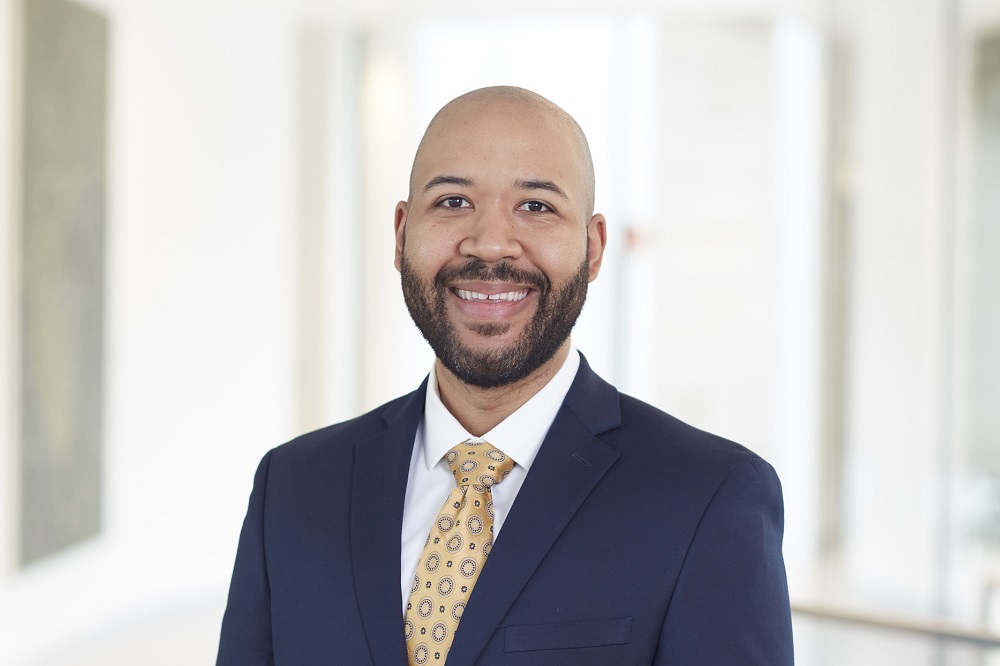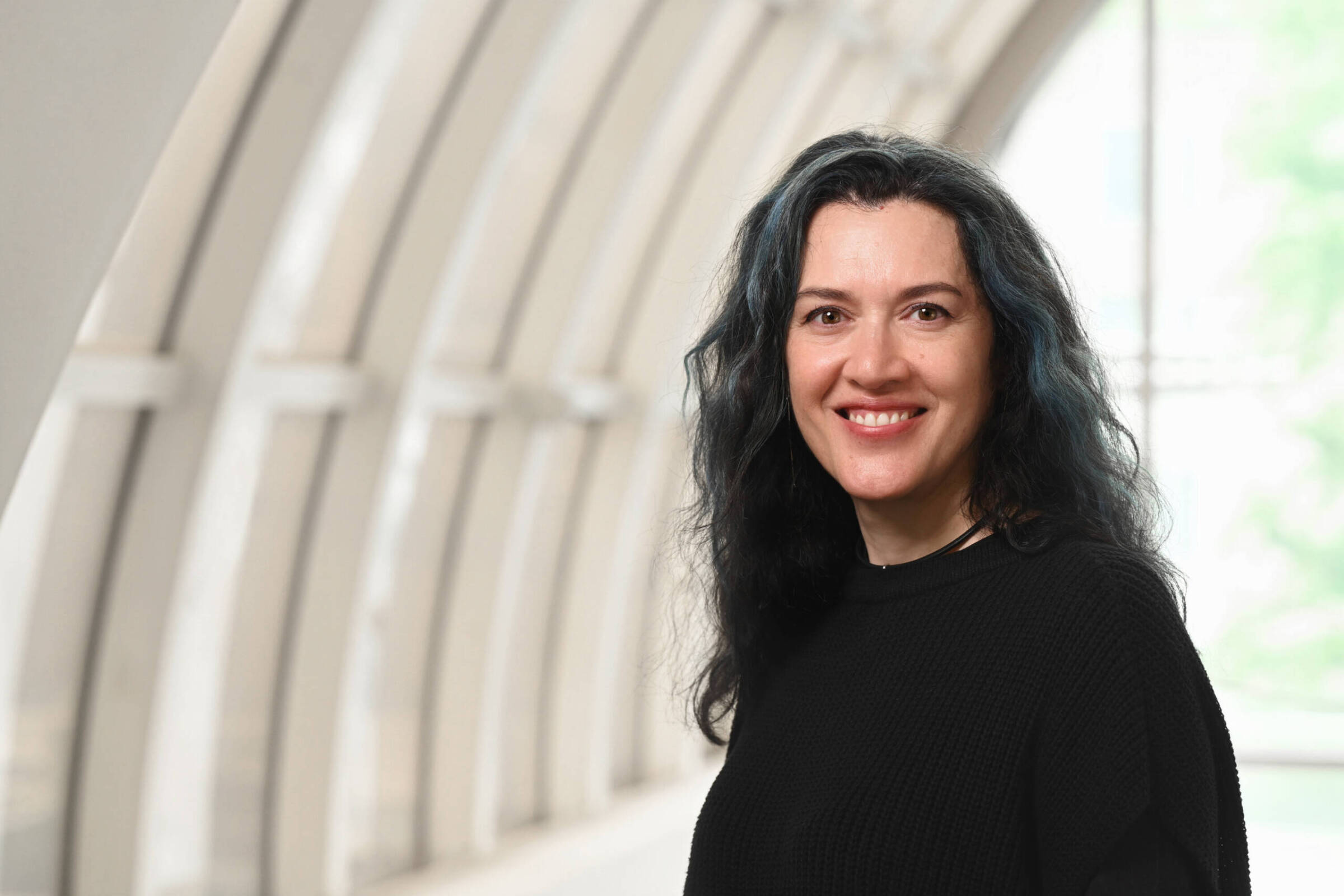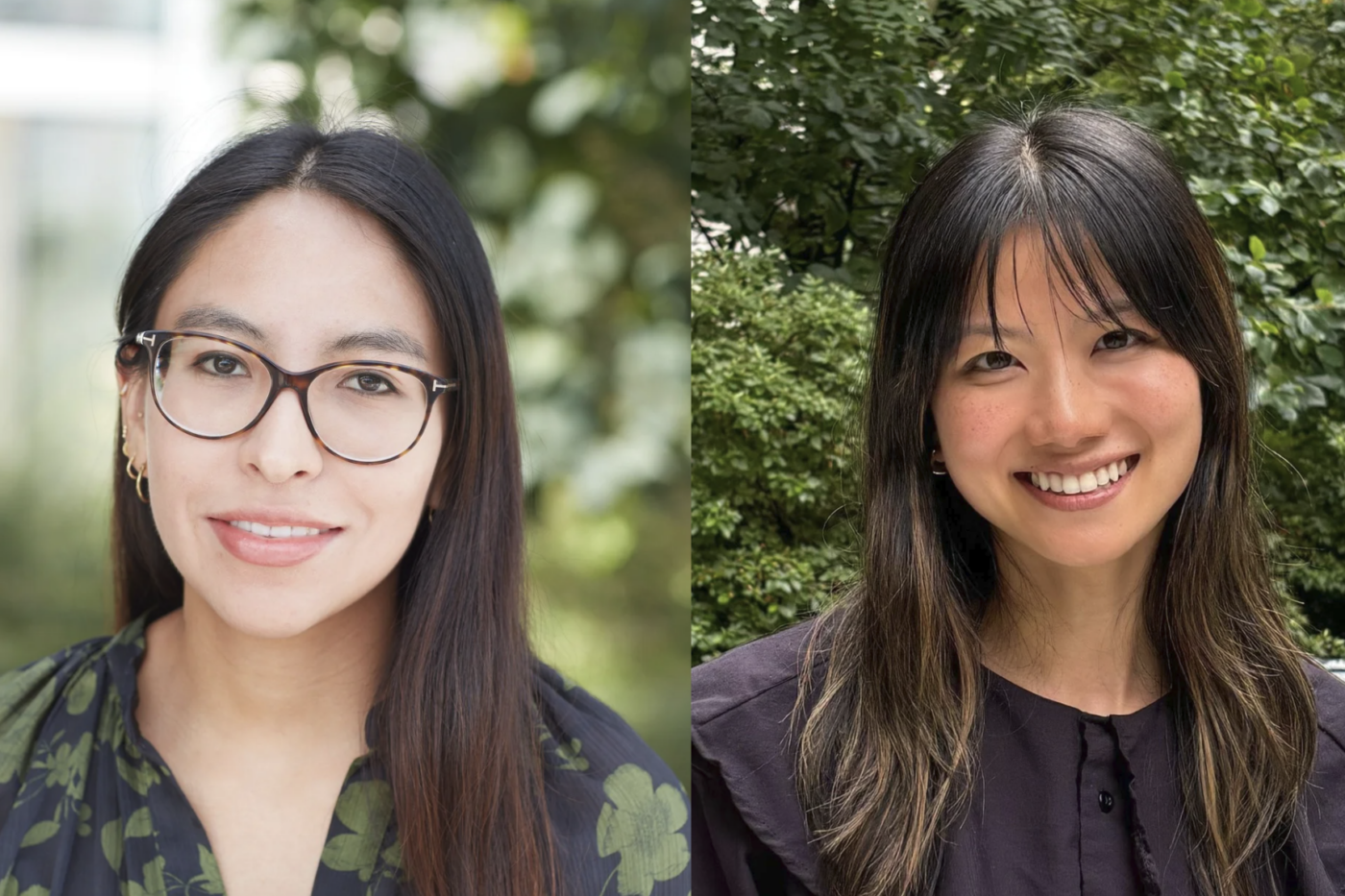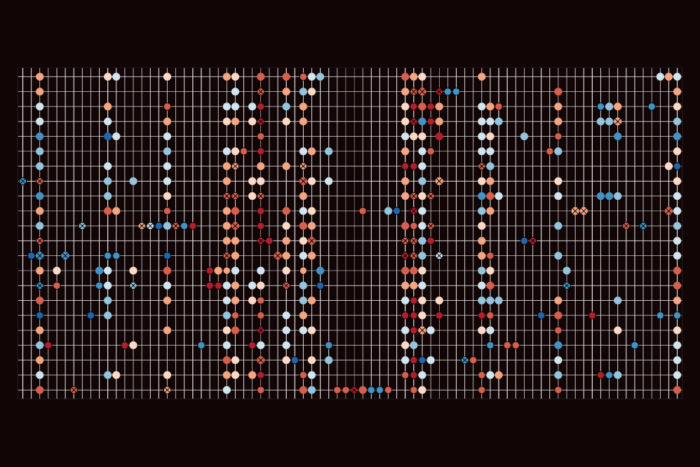A conversation with Ashton Murray, Rockefeller’s Chief Diversity Officer

Ashton Murray
Ashton Murray is quite comfortable being uncomfortable. Reared in an inter-racial and inter-religious household, he got an early education in creating dynamic conversations out of disagreements and contrasting perspectives. “It was something we often discussed at the dinner table,” he says. “My siblings and I were taught to see our differences as a catalyst for growth. That instead of tearing us apart, working through disagreements actually brings people together.”
As Rockefeller’s recently hired Chief Diversity Officer, Murray is now looking to foster that kind of vibrant dialogue across campus. Since taking office a little over a year ago, he’s set about developing strategies and programming grounded in the belief that a true community draws strength from its individuals. Requiring everyone to assimilate to a standard norm only limits the conversation, he says: “When you ask me, ‘Ashton, what’s your big, audacious goal,’ it is that everyone will feel they belong at Rockefeller.”
We sat down with Murray to learn more about Rockefeller’s evolving diversity, equity, and inclusion (DEI) vision, what success looks like, and how to get from here to there.
What’s the vision you’ve developed for DEI at Rockefeller?
I have come to realize just how special a place Rockefeller is, and that’s really helped to shape my understanding about what my office can do.
My vision begins with the idea that everyone in our community deserves to feel welcome, included, and valued. We know it takes a concerted effort to build an authentic culture that provides a sense of belonging. We must work continuously—and proactively—to learn more about one another, to seek out different points of view, and to push ourselves out of old ways of thinking. At the Office for DEI, we are Rockefeller’s learning and change agent—working to promote education, coalition building, community building, allyship, and advocacy. Our job is to support all the different facets of our community, so we can best deliver on Rockefeller’s mission.
How do you see us getting there?
We start by building an infrastructure that can support our mission, with both a technical structure—such as guidelines and policies that we need to design, develop and deliver—as well as a human capital structure. For instance, Rockefeller has a huge international population. That’s a strength, but it’s a strength that requires us to think intentionally about the area of inclusion. We must ask ourselves if we are implementing programming and sharing resources that invite all our community members to feel like they belong.
You’ve also started numerous initiatives, such as a microgrant program that funds grassroots DEI efforts. Could you talk more about that and give other examples of how you build community?
I’ll start with our microgrant program, because it embodies the idea that if DEI only lives in my office, then it’s going to die. It’s a way of showing we’re all responsible for creating a diverse, inclusive, and equitable learning community. I’m happy to say my office was able to fund 20 initiatives, from facilitating talks on the unique challenges facing East Asian scientists working in the United States, to thinking broadly about pathway-building initiatives such as helping our research assistants apply to graduate school and reaching out to local institutions like Hunter College, helping their undergraduates to think about pursuing a career in the biosciences.
At Rockefeller, we’ve also started a monthly lunch for our trainees. The pandemic was hard on people, and we have to figure out how to build community in the post-pandemic world. We have international postdocs who may not have family here in New York, and their lab is their home away from home. These lunches have been a fun, joyful opportunity for trainees to come together, break bread, and learn each other’s stories.
Lastly, we recently announced a program open to the entire university, where folks sign up to be randomly connected to another community member for a coffee date. It takes courage to sign up for a program like that, right? It can be scary to get out there, not knowing who you’re going to be matched with. Which is why we’ve been so happy to see so many people sign up to meet their fellow community member. I think it gets to this desire to get to know each other, to feel connected. I hope that this will be a program that matches scientists with administrators and trainees and students with seasoned professionals so that we benefit from the cross-pollinating potential that diversity offers.
These are just three of many programs that illustrate how it’s our community that makes us great.
You noted how Rockefeller is known for its unique character. How does that inform your work?
We’re an institution with ambitious goals and willingness to take risks, and we’re bringing that same ethic to our DEI work. At a place as forward-looking as Rockefeller, it’s exciting to try new things. My goal is to explore new programs and initiatives that have never been done at similar institutions. It dovetails with our scientific approach: When we take risks and the experiment doesn’t pan out, we let those lessons inform our next experiment.
So for instance, we started an equity-building fellows program, an opportunity for postdocs and senior graduate students to land a paid position in our office. That’s in recognition of the fact that not every person wants to be a head of a lab, right? There are folks who are passionate about policy, so let’s give them varied forms of training in that area while they’re here. There are institutions where a project like this would never fly, but Rockefeller is the perfect place to try new things.
How do you see the new DEI council advancing the work?
Our newly convened council is comprised of senior administrators that will help guide and manage our DEI process. They work closely with my office to ensure synergy with the unique needs of their teams and units. They can leverage their particular insights to provide feedback and accountability, while also communicating/spreading the word about DEI goals and program across the community.
I believe the people closest to the problem are closest to the solution. They will be helpful now, in the founding stage of the office, but I imagine they will be equally as helpful in ten years as we advance our current efforts to the next level.
When you think about fully integrating DEI into the culture, what does success look like?
Fully integrating DEI into the culture of Rockefeller will take many forms. Success will require all of us to make inclusion work and for us to be the best version of Rockefeller that we can be. Since 2020, our nation, including our academic institutions, has really been strengthened by taking the necessary and intentional steps to unbias the attitudes and actions that bar us from a genuinely equitable experience for all.
We know that the only way to embrace and honor a diversity of lived experiences is to understand them. That is accomplished by listening with an open mind and working on translating conversations into actions. Collective actions that lead to outcomes built on our longstanding mission “… to benefit humanity.” Our understanding of humanity is inclusive of all human beings and includes an orientation toward compassion and generosity. What that will look like are the DEI values that define our Rockefeller community: belonging, respect, representation, accountability, and justice.
Could you talk a little bit about how you define each of those values?
Absolutely, I think it’s important to clearly articulate what we’re really saying when we talk about our values.
Belonging is a sense that you are seen, accepted, and valued; that you have the safety and security to be your authentic self and to know that is encouraged.
Respect means all voices have a right to be heard and honored as we work together to create spaces of open, transparent, and safe communication and behaviors.
Representation matters because advancing science for humanity requires the full inclusion of all people. Whether we’re talking about genetic diversity or diversity of thought, the work we do benefits from drawing on all our talents, experiences, and perspectives, and only increases the impact of our findings.
Accountability is how we assess and advance progress toward a more diverse, equitable, and inclusive community. It takes responsibility and engagement from all.
Justice calls upon each of us to be fair in how we treat each other socially, professionally, and academically.
In the Office for Diversity, Equity, and Inclusion, we welcome all partners in this work.
What’s the best way for community members to contact you?
People are welcome to shoot me an email or come to our office—we’re in Founders 502. Please stop by, we have snacks!


